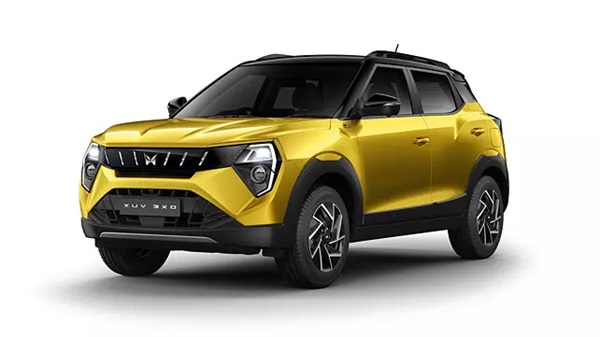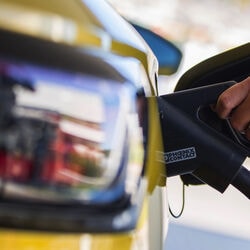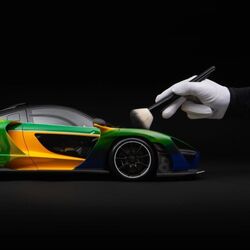Back to basics? Mercedes retreats to ICE tech as EV sales fail to boost profit
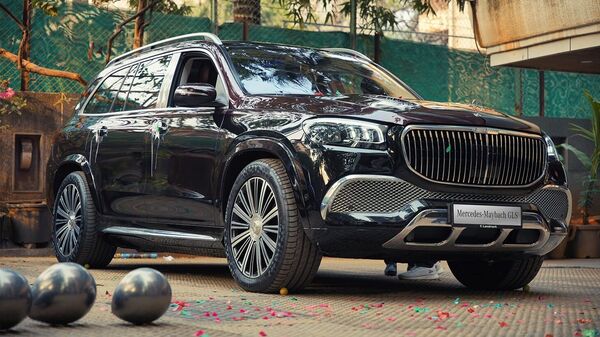

Mercedes-Benz is backing away from its ambitious electric vehicle target amid weakening sales of electric cars. Despite the improved consumer sentiment towards electric vehicles, global EV sales have witnessed a slump in the recent past owing to various issues like price hikes, slow pace of new model launches, ending or shrinking governmental financial supports etc. Amid this challenging situation, the German luxury carmaker is finding itself struggling to boost profit through EV sales. Hence, Mercedes-Benz is resorting to the tried and tested internal combustion engine propulsion technology, claimed a Bloomberg report.
The report stated that despite being a leading OEM in the world of luxury electric cars, Mercedes-Benz plans to focus on ICE tech for the foreseeable future. Mercedes-Benz CEO Ola Kallenius reportedly told the company's shareholders at the OEM's annual general meeting that transformation to electric mobility might take longer than expected. This comes at a time when Mercedes-Benz revealed its plan to become a fully electric car brand by the end of this decade. Mercedes CEO further revealed that the automaker will continue to make ICE and hybrid cars well into the 2030s if demand is there.
Also check these Cars
Watch: Mercedes EQS 580: First Drive Review
A major shift in strategy
This shift in strategy comes as a far cry from what Mercedes-Benz promised two years ago. Kallenius introduced the OEM's plan two years ago saying that the band plans to focus on high-end cars. The company even dubbed the strategy as ‘The Economics of Desire’. Interestingly, at that time, Mercedes-Benz was still enjoying an overflow of orders in the wake of years of supply chain disruptions stemming from the Covid-19 pandemic few years ago.
The plan was to increase the sales of Mercedes-Benz's priciest top-end models, which include AMG performance models, Maybach luxury line, G-Wagon SUV and EQS by as much as 60 per cent by 2026 and lift the operating margin to around 14 per cent. In 2023, however, the company's returns fell to 12.6 per cent, and Mercedes-Benz has already cautioned that its profit margins will fall further this year.
Also Read : Mercedes Benz is ready to make EVs beautiful. Here's how
EQS, EQE failing to boost profit
Mercedes-Benz is among the leading brands when it comes to luxury carmakers making electric vehicles. The OEM has already launched electric cars such as EQS and EQE sedans, which came as key parts of the brand's strategy to boost profits with top-end sales. However, the disappointingly sluggish sales of electric vehicles failed to fuel the company's dream of going all-electric by 2030.
Mercedes-Benz's profit margin dipped to nine per cent in the first quarter of 2024, which ended in March. This marked the lowest profit margin for the brand in more than two years and below its long-term range as well.
Interestingly, Mercedes-Benz is not the only carmaker feeling the heat of weaker demand for electric vehicles. Several other auto OEMs too witnessed dumping sales. Several governments around the world are either closing or shrinking their lucrative financial support schemes for electric vehicles. Besides that, the sluggish development of EV charging infrastructure and the rising cost of acquisition for electric vehicles are also impacting the sales in this space.
The report stated that Mercedes-Benz trailed its luxury carmaker rivals in the transition to electric mobility in the first quarter of this year. While Mercedes-Benz's EV deliveries nosedived by eight per cent, its closest rival BMW recorded a 41 per cent jump in sales of electric cars.
ICE is still high in demand
While consumers are showing growing interest towards electric vehicles, internal combustion engine technology is still high in demand and holds the lion's share globally. For Mercedes-Benz and BMW, more than 90 per cent of the top-end S-Class and BMW 7-Series cars in China are still ordered with ICE tech. On the flipside, even a heavy price cut for the EQS failed to stoke demand for the luxury electric sedan. Clearly, keeping an eye on these trends, Mercedes-Benz is revising its strategy and focusing on its biggest strength.







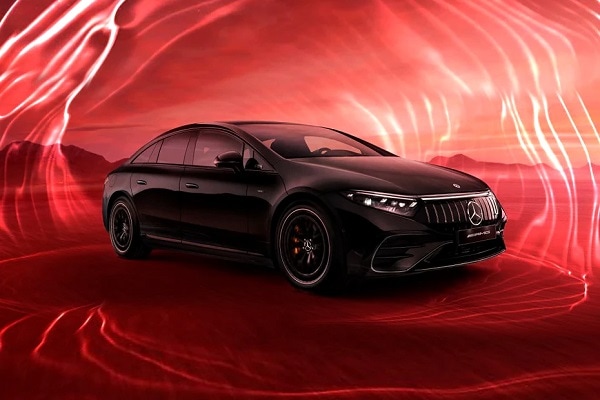
 107.8 kwh
107.8 kwh 580 km
580 km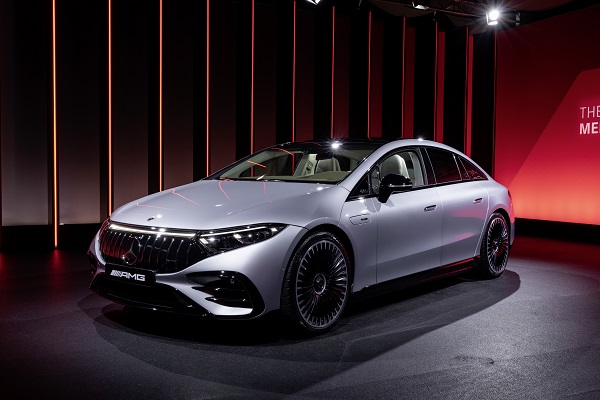
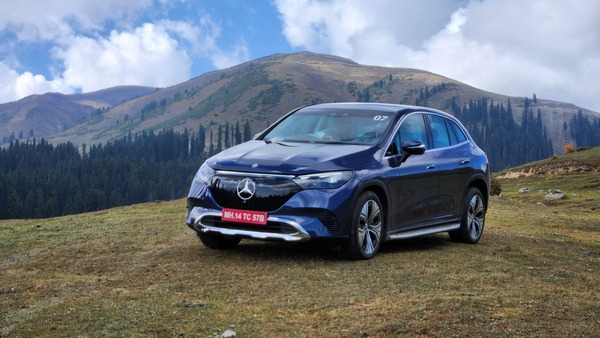
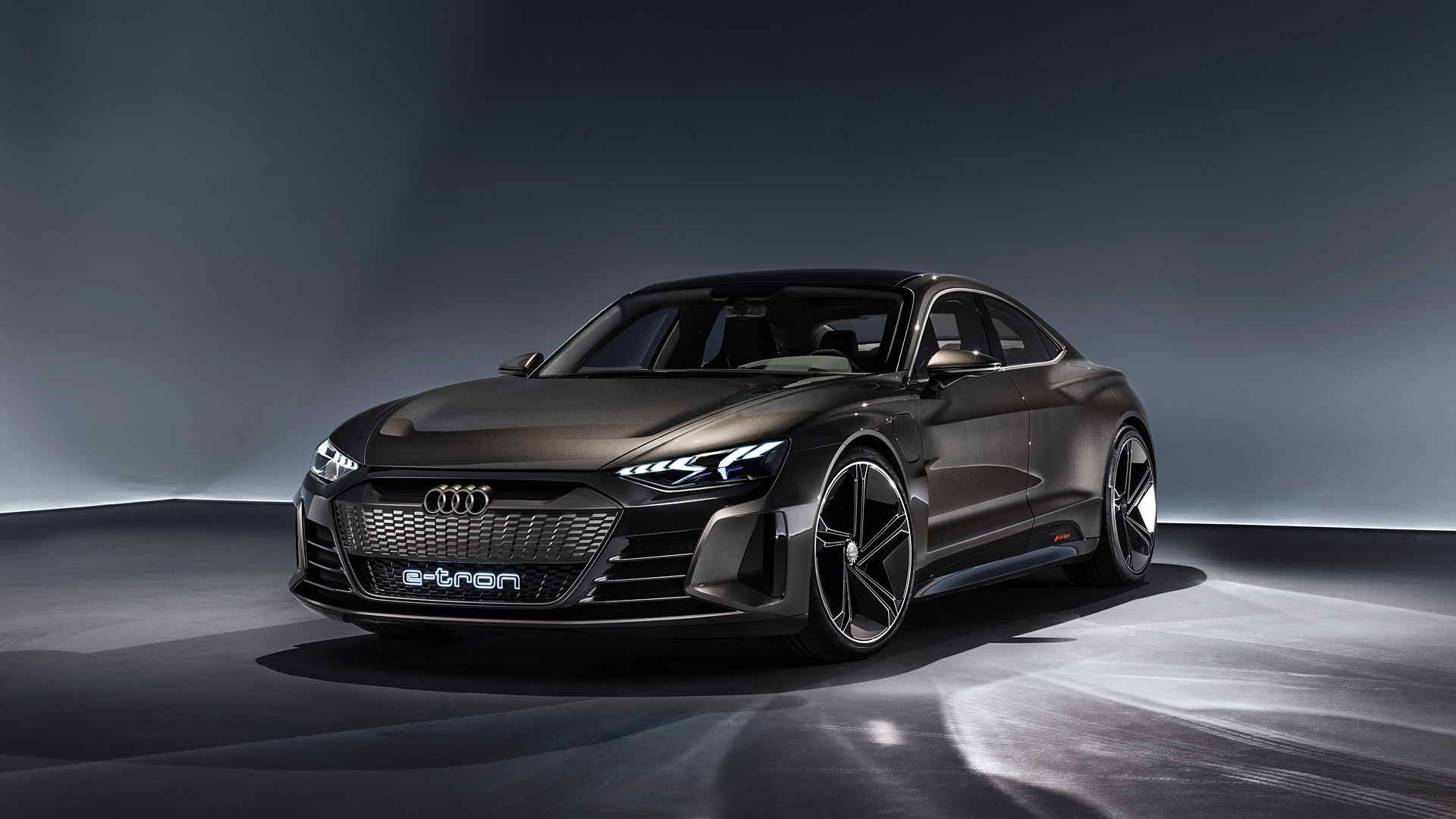
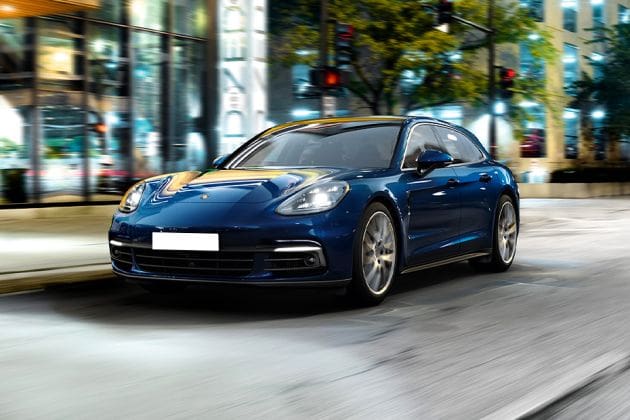
 3996.0 cc
3996.0 cc Multiple
Multiple